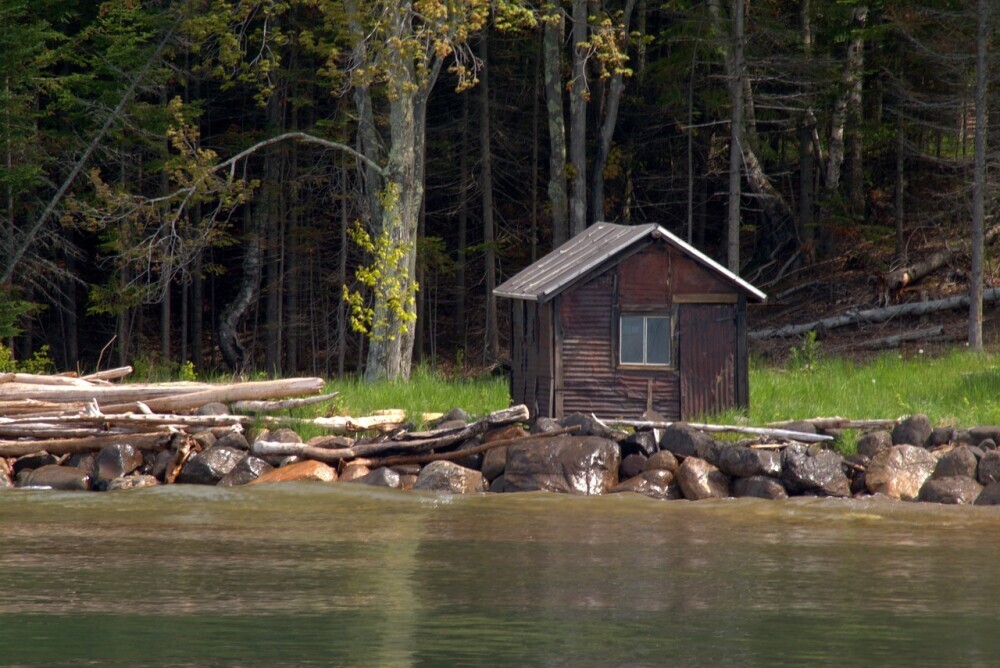
How to Prepare for an Off-the-Grid Vacation: A Complete Checklist
Are you yearning for a break from the hustle and bustle of modern life? An off-the-grid vacation can offer a refreshing escape into nature, providing a unique opportunity to disconnect, recharge, and reconnect with the essentials. To ensure a memorable and safe adventure, proper preparation is key. This comprehensive checklist will guide you through the essential steps to plan and enjoy your off-the-grid getaway.
1. Planning Your Off-the-Grid Vacation: Setting the Foundation
Understanding Your Desired Level of Disconnection: Determine how much isolation you seek. Are you aiming for a complete digital detox, or do you prefer occasional connectivity? This will influence your choice of destination and amenities.
Selecting the Ideal Location for Your Off-the-Grid Experience: Research potential locations based on your preferences. Consider factors like accessibility, natural beauty, climate, and available activities.
Assessing the Seasonal Factors and Weather Conditions: Research the weather conditions and seasonal variations of your chosen destination. Pack accordingly and be prepared for potential challenges.
Researching Local Wildlife and Natural Hazards: Familiarize yourself with the local wildlife and any potential natural hazards in the area. This will help you take necessary precautions and ensure your safety.
2. Essential Gear and Supplies: Packing Smart for Your Adventure
Comprehensive Gear Checklist for Comfort and Safety: Assemble a list of essential gear, including:
- Shelter: Tent, tarp, or hammock
- Sleeping gear: Sleeping bag, pad, and pillow
- Cooking equipment: Stove, cookware, and utensils
- Clothing: Appropriate clothing for the weather and activities
- First aid kit: Essential medical supplies
- Navigation tools: Map, compass, or GPS device
Food and Water: Ensure you have enough food and water for your entire trip. Consider packing dehydrated or freeze-dried meals for convenience. If water sources are limited, bring a water purification system.
Power Sources: Depending on your needs, you may want to bring solar panels, batteries, or a hand-crank generator for charging devices.
3. Navigating Off the Grid: Maps, Tools, and Communication
Mastering the Art of Map Reading and Orienteering: Learn basic map reading and navigation skills to ensure you can find your way in unfamiliar territory.
Utilizing Technology: GPS Devices and Offline Maps: Consider using a GPS device or downloading offline maps for navigation, even if you plan to minimize technology use.
Communication Options: Satellite Phones and SOS Devices: While the goal is to disconnect, having a satellite phone or SOS device can provide peace of mind in case of emergencies.
Developing Backup Plans and Contingency Strategies: Prepare for unexpected situations by having backup plans for transportation, accommodation, or activities.
4. Embracing the Experience: Enjoying Your Off-the-Grid Vacation
Disconnecting Digitally: The Mental Health Benefits: Take advantage of your off-the-grid experience to disconnect from technology and focus on mindfulness and relaxation.
Engaging with Nature: Activities and Exploration: Explore the natural surroundings through hiking, camping, fishing, or other outdoor activities.
Practicing Leave No Trace Principles: Respect the environment by following Leave No Trace principles, minimizing your impact and preserving natural beauty.
Reflecting on and Documenting Your Experience: Take time to reflect on your experiences and document your journey through photos, journals, or videos.
By following these guidelines and embracing the spirit of adventure, you can plan and enjoy a memorable off-the-grid vacation that will leave you refreshed, rejuvenated, and inspired.

